A demographic disenfranchised: Lower voting age
During the 2010 census, 74.2 million Americans were below the age of 18, representing just shy of a quarter of the population. At that same mark, over 8.3 million people fell between the ages of 16 and 18. Members of this group pay taxes, make use of our justice system, need passports and drivers licenses, and are generally affected by decisions made by the government which purports to represent them. Yet, the most prominent unifier of this demographic is that they don’t have the right to vote.
In recent years, this issue has risen increasingly in the public view. At the local level, two towns councils in Maryland voted to lower the voting age to 16 and in one of those two towns, the 16 to 18 demographic outvoted all other age groups in the next election. Additionally, Berkeley, California voted by a 40 percent margin to allow 16 and 17-year-olds to vote in school board elections. Recently, newly elected Congresswoman Ayanna Pressley proposed legislation on the floor of the House of Representatives to allow 16 and 17-year-olds to vote in Federal elections. The proposal was supported by Speaker of the House Nancy Pelosi, though the House rejected it. Presidential candidate Andrew Yang announced his support for lowering the voting age as well this past month.
Although it’s interesting to look at where our leaders land on the issue, it’s just as important to evaluate the arguments for ourselves, and realize that the arguments in favor of lowering it far outweigh those opposed.
The first and most common argument in favor of lowering the voting age is perhaps the most simple, yet the most poignant one. Despite not being able to vote, young people take on jobs, volunteer, pay taxes, and are still expected to follow the law. However, they have absolutely no say in deciding the rules that govern them. Even in our justice system, hundreds of thousands of people aged 16 and 17 are tried, convicted and punished as adults, yet they cannot vote in elections which may determine which judge is seated, or choose representatives who will determine the laws applied in the case. Society claims that youths aren’t capable of voting, but are capable of taking on the responsibilities even adults may shy away from or need help with. If these teenagers are capable of finding their way through our criminal justice system or navigating mounds of IRS red tape, are they not capable of handling a ballot?
Moreover, examples of lowered voting ages and their success across the globe show us that such a move would be successful in America. In Austria, the voting turnout of 16 to 18-year-old voters held at around 63 percent in the second election after allowing the demographic to vote. It is important to note that that percentage is actually higher than the percentage of Americans who voted in every midterm since 1900 and every presidential election years since 1964, according to the latest edition of Vital Statistics on American Politics. Similarly, in Scotland, 66 percent of people aged 16 or 17 registered to vote in their independence referendum and nearly 75 percent of that group voted, showing once again the success of lowering the voting age.
Even in the face of significant data and logic in favor of lowering the voting age, many still argue against it. These arguments include the claim that young people aren’t mature enough to be capable of voting. As much as I’m sure every youth in America loves to hear that thinly-veiled attempt to call people under 18 unintelligent, this argument simply lacks any sense of logic. In this nation, we haven’t had an intelligence requirement to vote since the literacy tests in the South under Jim Crow laws. It has also been scientifically proven that cold cognition—which contributes to the skills necessary to vote—is already developed by the time that a teen reaches 16, indicating that the only real basis for the claim that youths are intellectually incapable of voting is our age and the fact that we are still in school. The fact that a person is still in high school is not a valid reason to deny them the right to vote. And if this prohibition of the right of 16 and 17-year-olds to vote is truly based on intelligence, how is it fair to only judge teens by that standard?
I’m sure it has been ingrained in all of us since our respective childhoods not to judge anyone based on their race, religion, ethnicity, gender, or by any metric other than their character. So why are we judging 8 million Americans by a number? These teenagers have fought loudly and proudly in support of their political beliefs, despite the fact that they don’t get to stand up for those beliefs in the ballot box. The government has the same role in young peoples’ lives as it does in adults’, and yet we don’t have the right to anyone to represent us. Lowering the voting age has been successful elsewhere, and the argument that these teens are too immature or unintelligent to vote fall flat in the face of a basic logical inquiry. Just because you would describe someone as a teen, child or kid does not mean that they don’t have the capability of voting. At the end of the day, we’re all human, we all have skin in the game, and we all should have a say in how the game plays out.
As always, we appreciate hearing your comments and thoughts on this issue. Let us know how you feel in the comment section of this article, or in the comment section on Facebook.
Nick Lieggi is a freshman at Oxford College of Emory University and was a member of the PMHS class of 2020. He began his journalism career at the Pelham...



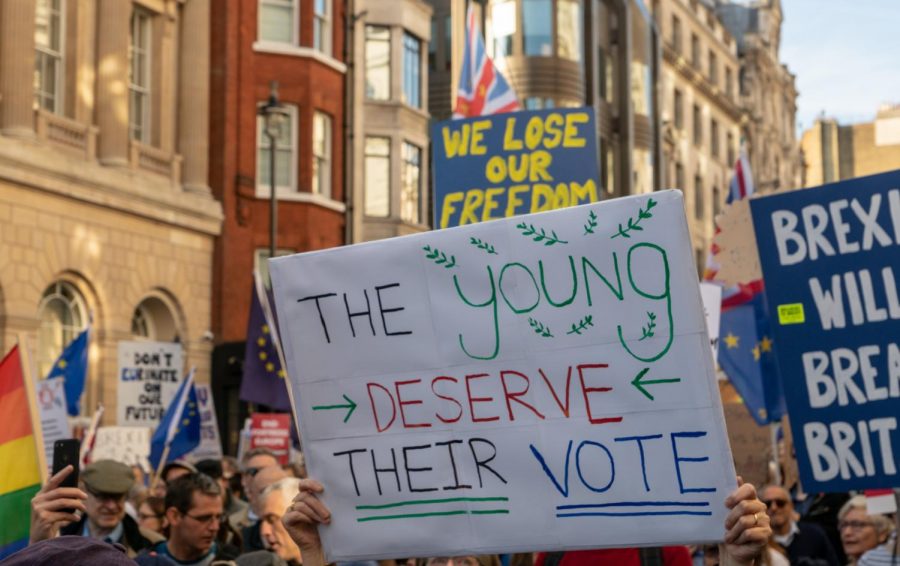

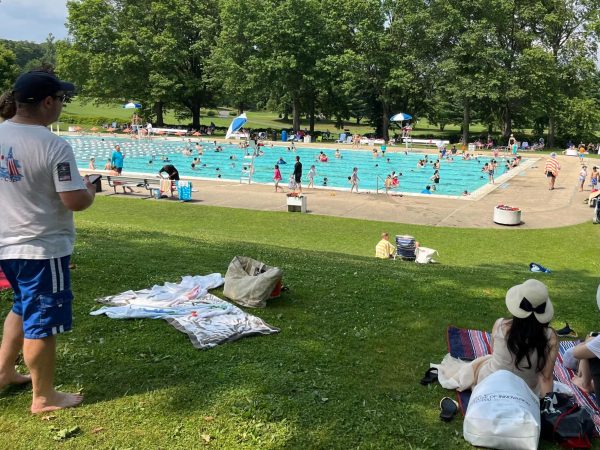
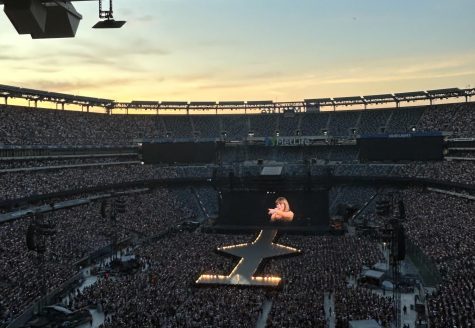


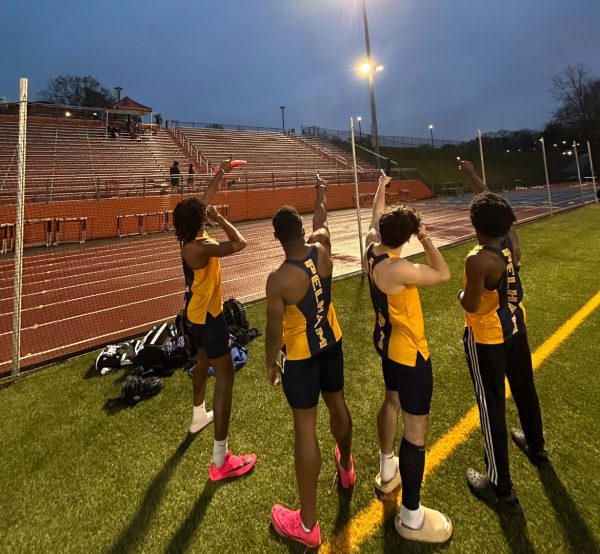
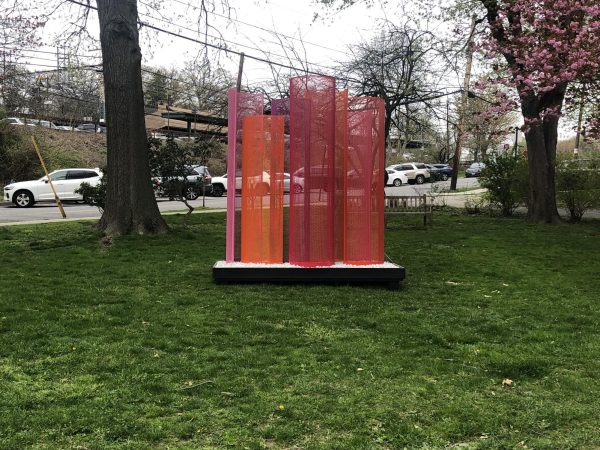


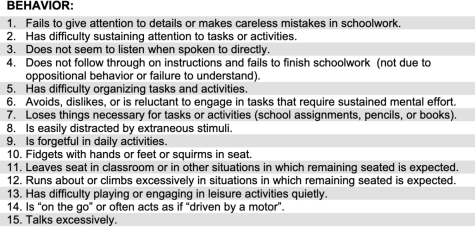
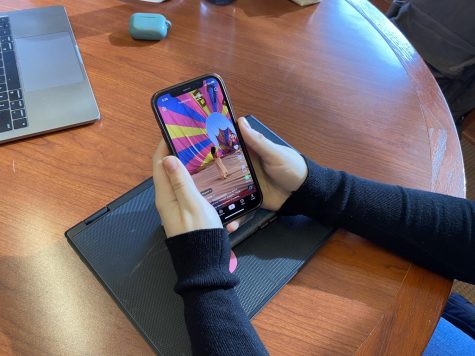
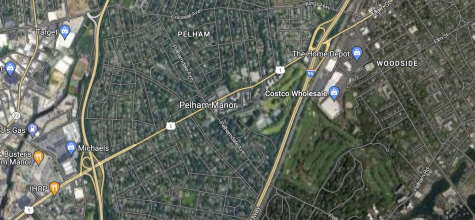
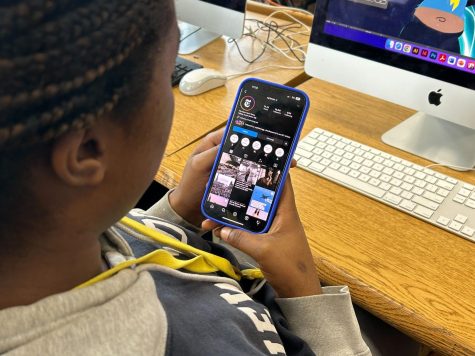

Jennie Driesen • Apr 24, 2019 at 10:15 am
I agree with you, Nick Lieggi. The voting age should be lowered to 16. Great editorial.
Liz Massie • Apr 24, 2019 at 10:07 am
As always, Nick, excellent piece – topical and persuasive! I hope you consider running for office one day … soon! We need younger voters and younger politicians – we are leaving you a big fat mess of a world and the sooner you can roll your sleeves up and help fix it, the better!!